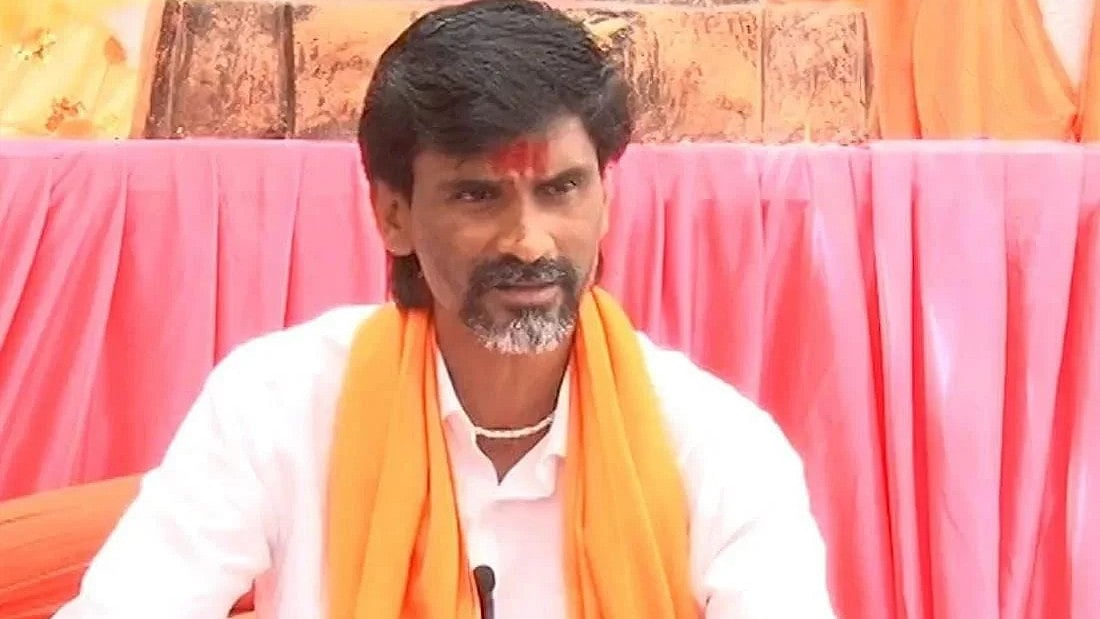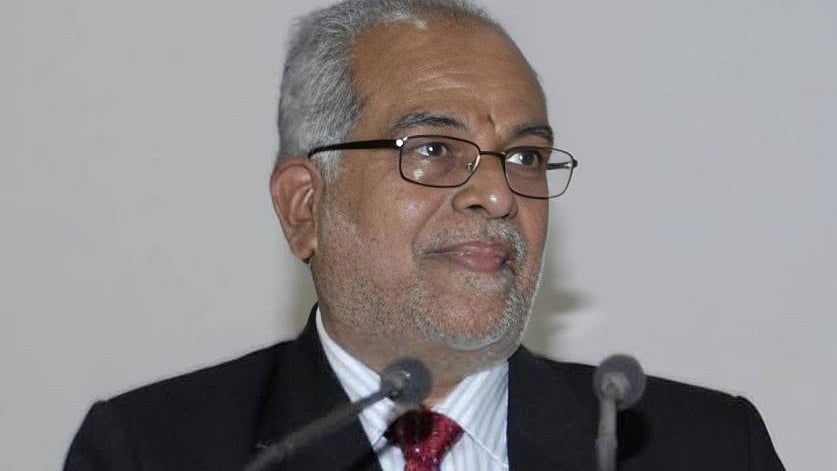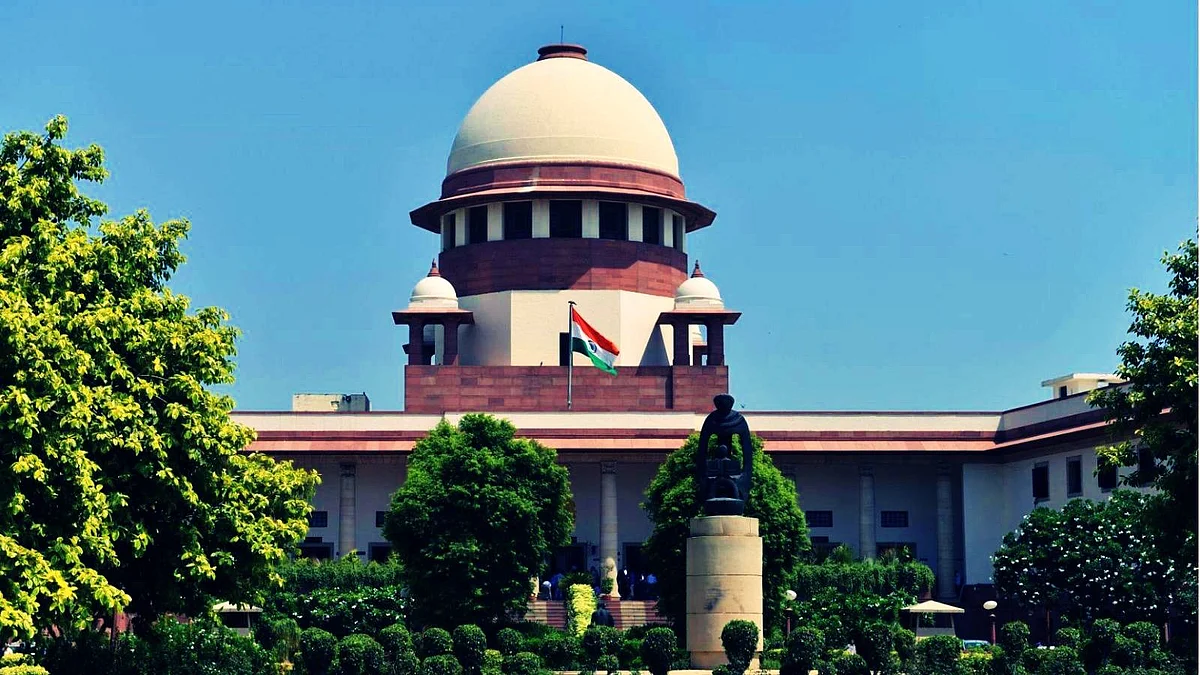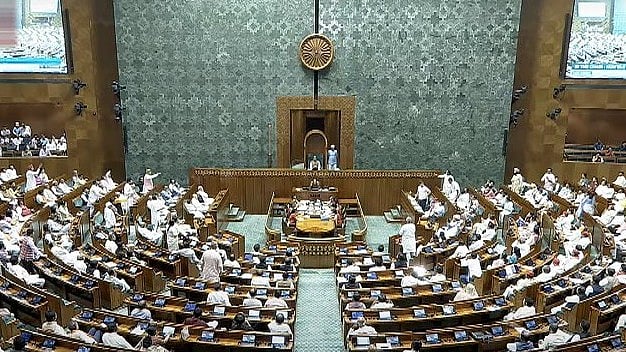Transformative justice is justice rendered to the people by the Constitution as interpreted by the 24 high courts and the Supreme Court. Transformative justice may not always be the same as divine justice contained in the religious texts of Hinduism, Islam, Christianity and Zoroastrianism apart from other religions, because transformative justice is manmade while divine justice claims to have its origins in divine pronouncements of past aeons.
This is why Supreme Court judges like Bhushan Gavai and Abhay Oka have said that the most important articles of the Constitution are Article 32 which is the soul of all fundamental rights and Articles 226 and 227 which allow anybody and everybody to approach the 24 high courts to seek prerogative writs against the state to enforce their fundamental rights. Article 32 is a part of the fundamental rights but Articles 226 and 227 are not fundamental rights.
Justice BR Gavai said the Constitution had a transformative intent for society and the Supreme Court was a custodian of the Constitution which is why the apex court acted as an arbiter between the state and its citizens when fundamental rights were violated. The judge, who is second-in-line to become the 52nd Chief Justice of India, credited BR Ambedkar for conceptualising Article 32 which may not be strictly accurate. He said he rose to his present position after studying in a semi-slum area municipal school because of the transformative power of Article 32.
Interestingly, Justice Abhay Oka who, as a high court judge, was senior to Justice BR Gavai but lost his seniority to the latter after his elevation to the apex court was delayed, said clause 3 of Article 32 conferred Parliament with the power to empower all the 24 high courts of India to entertain writs under Article 32 which would lessen the enormous burden of the Supreme Court.
Though Justice Gavai said Article 32 was the heart and soul of the Constitution because it permits citizens the right to approach the apex court to enforce their fundamental rights, its equivalent, Articles 226 and 227, are not fundamental rights but mere discretionary remedies. Article 226 confers original jurisdiction on the high courts to entertain writ petitions while Article 227 confers the high courts with the power to supervise the working of the lower courts and call for the proceedings of the lower courts where grave errors have been committed.
Unlike Articles 226 and 227, the judges may refuse to entertain a writ petition if they feel there is an alternative and efficacious remedy available. In all fairness, when high court judges are convinced there is a blatant flouting of fundamental rights, they have stayed arrests or quashed false FIRs filed against those who offended chief ministers and others of their ilk. The latest example is of a Catholic priest, Fr Bolmax Pereira, whose utterances about a national icon were disliked by some people at Vasco in Goa and resulted in an FIR being lodged against him which was quashed by the High Court of Goa.
Be that as it may, transforming society through Articles 32 or the discretionary remedy of Articles 226 and 227 is not easy because justice is a chimerical concept. Special judge Vishal Gogne of the Rousse Avenue Court in Delhi flayed the Enforcement Directorate (ED) for recording the statement of a doctor who was consulted by an accused in a case under the Prevention of Money Laundering Act (PMLA). On the face of it, the ED is free to record the statements of anybody including doctors under the PMLA, which is why one fails to understand why Judge Gogne took umbrage at the doctor’s statement being recorded.
Now, transformative justice does not prevent gangsters from committing suicide while in police custody which makes the state liable to pay compensation to their families. During the last nine months, three accused died by suicide while in custody of the Mumbai police. On September 8, 2023, 40-year-old Vikram Atwal was charged with murdering air hostess Rupal Ogrey. He killed himself at the Andheri police station in Mumbai. On July 28, 2023, 28-year-old Deepak Jadhav, arrested for allegedly committing murder, died by suicide in the Borivali police lock-up while the most recent case is that of 23-year-old Anuj Thapan who was arrested from Punjab for supplying weapons to two gangsters who fired outside the home of actor Salman Khan at Bandra in Mumbai. Thapan is reported to have hanged himself in the bathroom of the police lock-up.
Ironically, Salman Khan who was convicted by the sessions court for running over and killing workers sleeping outside a bakery in Bandra has never experienced life in jail though he has been accused of killing a rare species of black buck. A country has the right to use spies to protect its sovereignty which is why “transformative justice” is a chimerical term. On Tuesday, the Australian Broadcasting Corporation (ABC) reported that Indian spies were kicked out of Australia after being caught trying to steal secrets about sensitive defence projects and airport security apart from classified information about Australia’s trade relationships.
For the layman, so-called Indian spies serve their nation overseas by tailing and occasionally bumping off Khalistani terrorists who want to dismember the country. But the government disowns such patriots if they are caught because it is better to let one spy die than to expose a whole network of spies in foreign countries. The family of one such person nabbed in Canada filed a writ petition in the Supreme Court. His family faced the ignominy of the apex court saying it was left for the government to decide such sensitive cases.
Religion, terrorism and law make a deadly cocktail, which is why Justice Abhay Oka said he tried to ensure that religious functions were not held within the premises of the Karnataka High Court when he was the chief justice there. He opined that children should be taught to salute the Constitution rather than organise pujas and other religious functions.
Justice Oka is right, but in a country where President Droupadi Murmu visited the Ram temple at Ayodhya after the Opposition accused the Modi government of not inviting her for the January 22 consecration ceremony of the temple because she is a tribal, pujas will continue to be held within the high court precincts.
Though the Manusmriti and the Constitution — which abrogates casteism — are mutually antithetical, in a country where at least one billion people still believe in some god or the other, transformative justice is a chimera which sounds good in theory but is impossible to implement in practice.
Olav Albuquerque holds a PhD in law and is a senior journalist and advocate at the Bombay High Court







.jpg)


